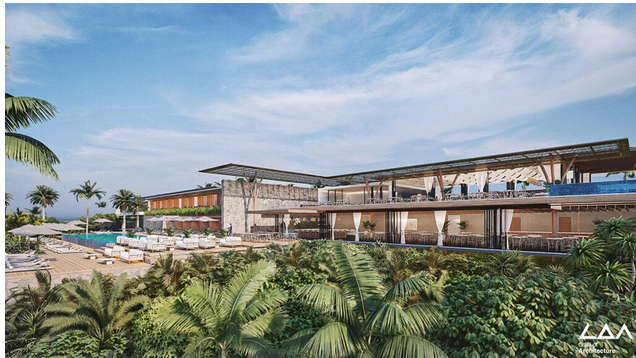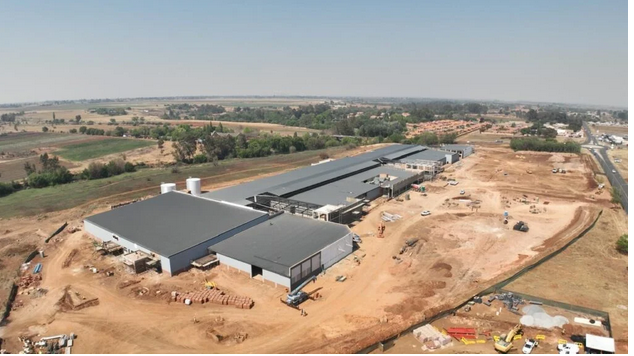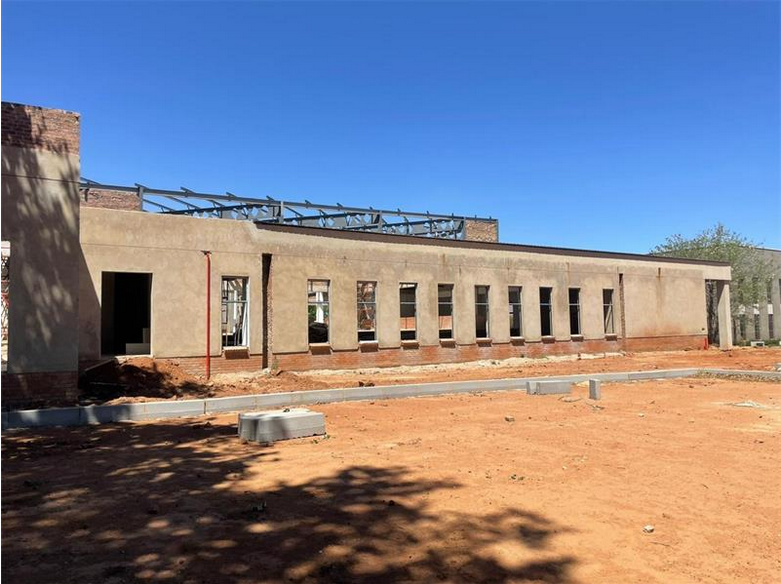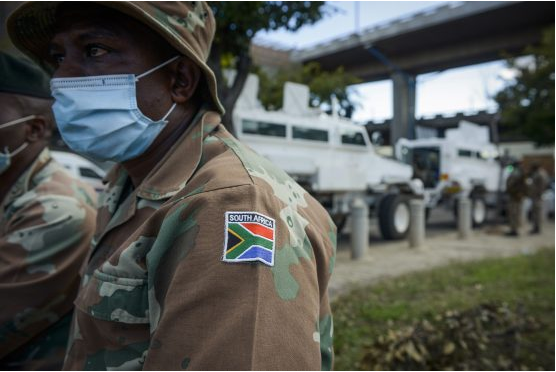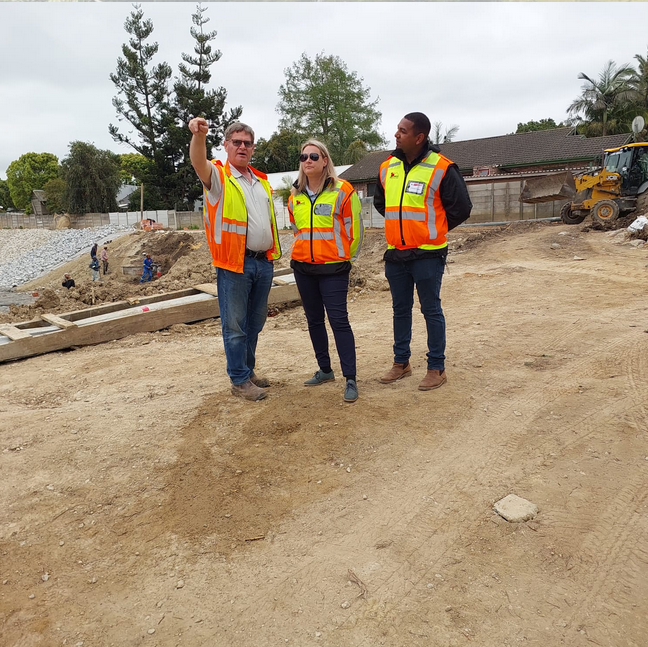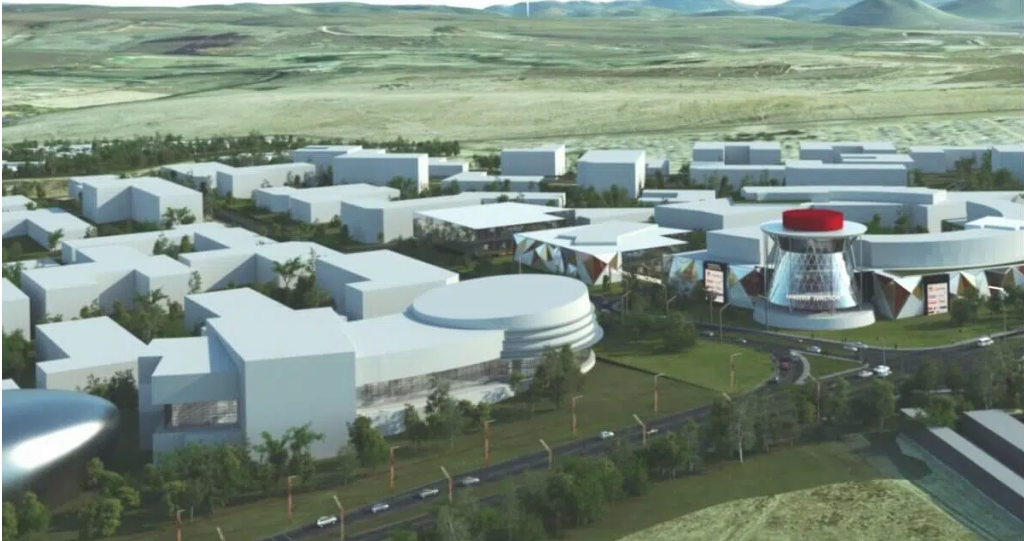Public Works sets out after company that got paid R10m but did no work
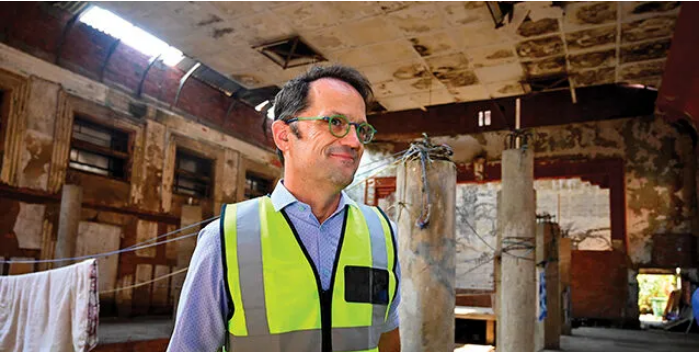
22-10-2024
Read : 114 times
Sunday World
Source
The KwaZulu-Natal Department of Public Works and Infrastructure is reeling from the R10-million pre-payment to a contractor who has since vanished without fulfilling his contractual obligations, leading to accusations that the intention was always to loot.
Sunday World understands that the department has initiated a legal process to recover the funds after hiring Themane Construction as one of the subcontractors in a R56-million construction project.
Public Works MEC Martin Meyer officially opened the project this week, which includes, among other things, 32 offices, two large boardrooms, and four kitchens. It had stalled because the main contractor abandoned work, citing threats from the construction mafia.
Meyer recently announced that the department has unblocked construction projects to the value of R300-million through various interventions, including physical site visits.
According to the department, unblocked projects refer to where work was once stopped for various reasons, including non-payment, protests, strikes or threats.
Public Works regional director Simphiwe Blose confirmed to Sunday World that, despite receiving a payment of just over R9.5 million, one of the subcontractors failed to fulfil his contractual obligations.
“Although we do want to assist small contractors, especially with money to cover primary costs, it is always disheartening when they decide to be dishonest. One of the subcontractors was paid by the department, but no work was done,” said Blose.
Meyer struggled to clarify the process to recover the money, lamenting that it had now become a legal matter.
“We have taken a decision that we won’t be lenient on contractors who misuse public funds by not doing what they are supposed to do,” he said. Meyer said the department would blacklist companies that abandon projects after getting paid.
He said recouping money from contractors was often an audacious and difficult legal process.
“But we have learnt our lessons,” Meyer said.
In 2022, a meeting of the parliamentary portfolio committee on human settlements flagged KwaZulu-Natal as one of the provinces highly impacted by blocked projects.
The meeting heard that issues behind the scourge included corruption, incapacity of contractors and the construction mafia.
It has become a common occurrence for construction companies to embezzle money from the government and then claim liquidation and incapacity.
Another contractor then takes over the work, causing the project costs to skyrocket.
A senior staff member from the department, who lacked the authority to speak to the media, revealed to Sunday World that the department made an advance payment to the contractor, citing tenuous justifications for such a payment despite the contractor’s lack of work. “The department never conducted any due diligence. It was tantamount to fraud and corruption because the contractor took the money and fled,” said the person.
“It was bizarre, and the whole thing was rushed. The company itself had no offices. We were unsurprised to discover that he had not entered the site and remained untraceable,” he said. Government insiders also believed that the money went to a fictitious company whose owners were untraceable.
Recent News
Here are recent news articles from the Building and Construction Industry.
Have you signed up for your free copy yet?
